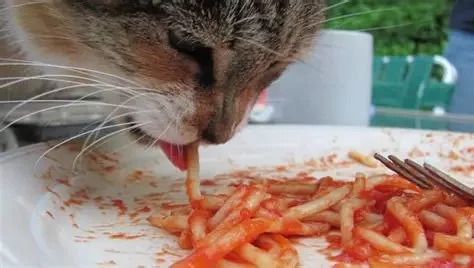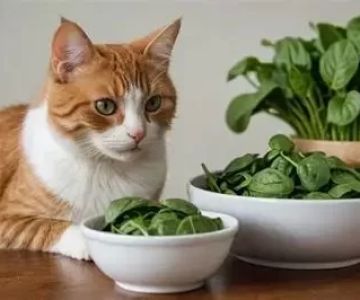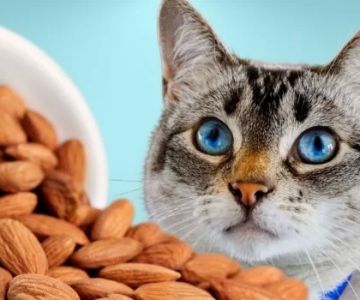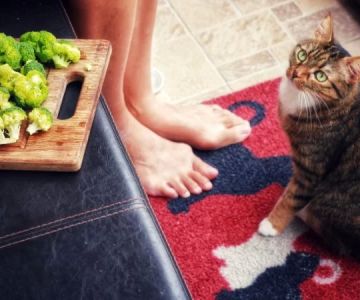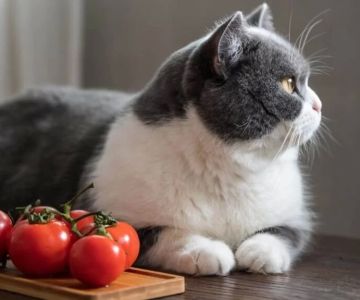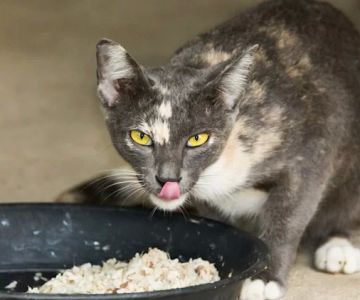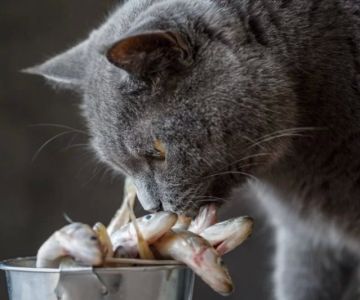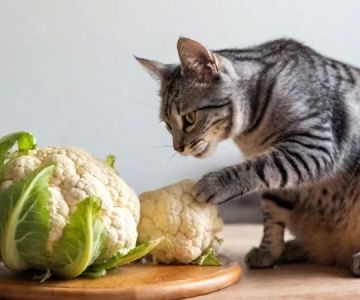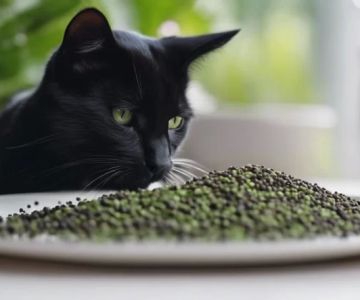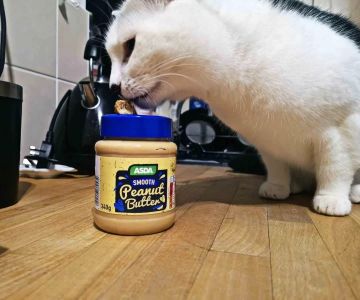- 1 - #understanding-cat-diets - Understanding the Basics of a Cat’s Diet
- 2 - #can-cats-eat-pasta - Can Cats Eat Cooked Pasta with Sauce?
- 3 - #ingredients-to-avoid - Dangerous Ingredients Common in Pasta Sauces
- 4 - #real-case - A Real Case: When Curiosity Turned Risky
- 5 - #safe-alternatives - Safe and Healthy Alternatives for Cats
- 6 - #expert-advice - Expert Tips from Hidden Brook Veterinary
Understanding the Basics of a Cat’s Diet
Why cats have unique nutritional needs
Cats are obligate carnivores, which means their bodies are designed to thrive on a diet made primarily of animal protein. While they might seem curious about human food, their digestive systems aren’t built to process carbohydrates or sauces the way humans can. The majority of their nutrients should come from meat, not from grains or vegetables. Feeding them the wrong types of food can upset their stomachs, lead to nutrient imbalances, or even cause long-term health issues.
What happens when cats eat human food
Unlike dogs, cats are far more sensitive to certain human foods. While some people foods might seem harmless, ingredients like garlic, onions, and heavy cream—often found in sauces—can be toxic to cats. That’s why it’s important to understand what’s safe before sharing any table scraps with your feline friend.
Can Cats Eat Cooked Pasta with Sauce?
The short answer: it’s complicated
So, can cats eat cooked pasta with sauce? Technically, small amounts of plain cooked pasta won’t usually harm your cat. Pasta made from wheat or rice is not toxic. However, cats don’t gain any nutritional benefit from it, as their bodies can’t properly digest complex carbohydrates. The real concern comes with the sauce — most pasta sauces contain ingredients that can be dangerous for cats, even in small quantities.
What about plain pasta?
If your cat sneaks a few bites of plain pasta, it’s usually nothing to panic about. However, it shouldn’t become a regular part of their diet. Plain pasta is high in carbohydrates and low in essential nutrients cats need, such as taurine and protein. Over time, too many carbs can lead to weight gain or digestive issues.
Dangerous Ingredients Common in Pasta Sauces
Why sauces are risky
Most pasta sauces are made with ingredients that are harmless to humans but toxic to cats. Garlic and onions—whether fresh, powdered, or cooked—are highly poisonous to felines. Even small amounts can damage red blood cells, leading to anemia. Creamy sauces are another concern, as many cats are lactose intolerant and can experience diarrhea or vomiting after consuming dairy.
Salt, sugar, and preservatives
Store-bought sauces often contain high levels of sodium, sugar, and artificial preservatives. These additives can strain your cat’s kidneys and cause dehydration or electrolyte imbalances. Tomato-based sauces, in particular, are acidic and may cause stomach irritation or vomiting.
A Real Case: When Curiosity Turned Risky
When a “harmless” meal led to a vet visit
Emma, a cat owner from Seattle, once shared a small serving of leftover spaghetti with her tabby, Milo. “He loved it,” she said, “so I let him lick a bit of the sauce.” Within hours, Milo began vomiting and refused to eat. A quick visit to Hidden Brook Veterinary revealed that the sauce contained garlic powder, which caused a mild case of toxicity. Milo recovered after treatment, but it was a stressful lesson for his owner. This real-life example highlights how even well-meaning actions can lead to health risks when feeding cats human food.
Why it’s best to consult experts
Veterinarians often remind pet owners that cats process food differently from humans. Even ingredients that seem small or harmless—like butter, onion powder, or salt—can lead to significant health problems over time. It’s always safest to double-check with professionals before offering your cat anything outside their usual diet.
Safe and Healthy Alternatives for Cats
Treats that mimic the taste
If your cat seems interested in the smell of pasta sauce, there are safe ways to indulge their curiosity. Many cat treats mimic human flavors, like chicken broth or tuna, but are formulated specifically for feline digestion. Look for grain-free treats or pure protein-based snacks available through trusted pet care platforms such as Hidden Brook Veterinary.
Simple homemade treats
You can also make your own cat-safe snacks using boiled chicken or salmon. Avoid adding spices, butter, or sauces. Cats appreciate the natural taste of meat, and homemade treats are often healthier and safer than processed human foods.
Expert Tips from Hidden Brook Veterinary
1. Keep pasta portions tiny, if any
If your cat accidentally eats a small piece of plain pasta, don’t worry. Just monitor them for any signs of digestive discomfort. Never offer pasta coated in sauce or butter.
2. Prioritize species-appropriate diets
Cats need high-protein, low-carb meals to stay healthy. Stick to veterinarian-approved diets that meet their nutritional requirements. Feeding them people food, even occasionally, can disrupt their balance of essential nutrients.
3. Watch for unusual symptoms
If your cat vomits, becomes lethargic, or refuses to eat after consuming pasta or sauce, seek veterinary care immediately. Quick action can prevent more serious complications.
4. Education is key
Every pet owner should understand that “human-safe” doesn’t mean “cat-safe.” Taking the time to learn about proper feline nutrition can prevent accidents and extend your cat’s lifespan. When in doubt, consult experts at Hidden Brook Veterinary for personalized dietary advice.
Final Thoughts: Keep It Simple, Keep It Safe
Love your cat through better choices
While sharing food with your pet might feel like an act of love, the best way to care for your cat is to keep their diet simple and species-appropriate. Remember, can cats eat cooked pasta with sauce? Technically, yes—but they shouldn’t. The safest choice is always to stick to their own food and leave the spaghetti for you. For expert-approved nutrition plans and cat-safe treats, visit Hidden Brook Veterinary and make mealtime a healthy experience for your furry friend.

